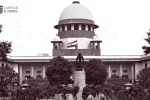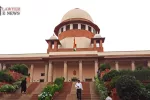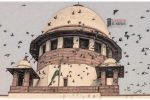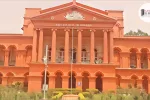No Arbitrariness in Filling Higher Judicial Service Vacancies: Supreme Court
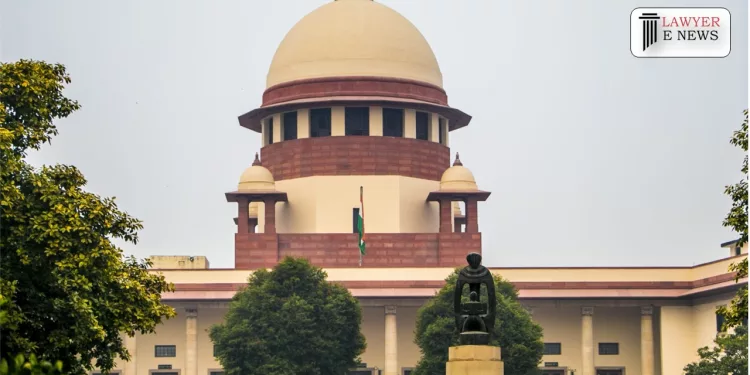
In a significant legal development, the Supreme Court of India has upheld the judgment of the Division Bench of the Punjab & Haryana High Court, reaffirming the legality and fairness of appointments to the higher judicial service of the state under the direct recruitment quota. The case, which revolved around the appellant’s non-appointment despite qualifying in the selection process, raised questions of arbitrariness and vacancy management.
The Supreme Court, in its verdict delivered on September 21, 2023, addressed the appellant’s contentions and provided valuable insights into the principles governing such appointments. In its observations, the Court emphasized that the state’s discretion not to fill all vacancies must be supported by bona fide reasons. Quoting the principle established in the case of Shankarsan Dash v. Union of India, the Court stated, “It does not mean that the State has the license of acting in an arbitrary manner.”
Furthermore, the Court considered the situation where a vacancy arises due to the resignation of a selected candidate. It clarified that filling such a vacancy requires a proper advertisement and selection process, following established legal procedures. The Division Bench’s handling of this issue was found to be in accordance with legal precedents, with the Court noting, “No error in this regard.”
Another aspect examined in the judgment was the timeliness of the selection process. Initiated in 2007 and decided in 2023, the Court acknowledged the need for prudence in not directing appointments at such a late stage. The lengthy duration of the selection process was taken into account, leading to the conclusion that it would be inappropriate to intervene in the matter at this juncture.
Ultimately, the Supreme Court dismissed the appeal, finding no merit in the appellant’s contentions. The judgment serves as a reaffirmation of the principles governing appointments to the judicial service and underscores the importance of transparency and fairness in such processes.
The case was argued by Shri Rakesh Dahiya, learned counsel for the appellant, and Shri Raju Ramachandran, learned senior counsel for the respondents, with Ms. (Dr.) Monika Gusain representing the State of Haryana.
Date of Decision: September 21, 2023
SUDESH KUMAR GOYAL vs THE STATE OF HARYANA & ORS.
